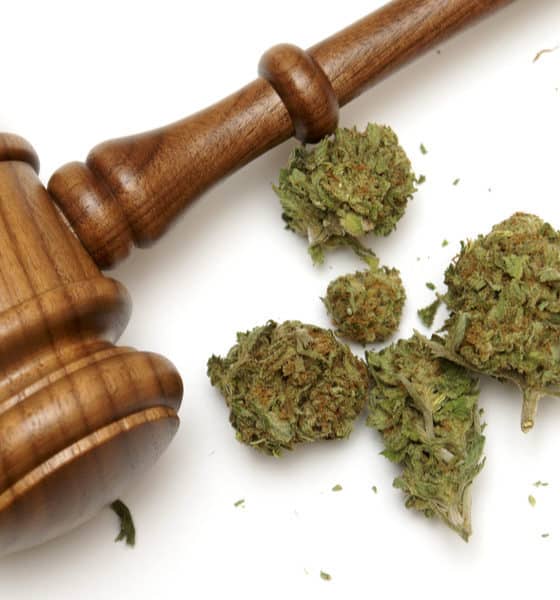Despite its reputation for being a progressive state, California has a long history of arresting minorities for marijuana. But is there about to be a majors shift in the criminal justice system?
San Francisco’s District Attorney George Gascon will begin clearing the record of individuals convicted of marijuana offenses from 1975 to the present, under the authority of Prop 64 which legalized cannabis in the state.
Gascon has acknowledged that marijuana laws were unevenly enforced and that they disproportionately affected minorities.
One objective of this policy is “to address the wrongs that were caused by the failures of the war on drugs … and begin to fix the hard that was done … specifically to communities of color.”
The Racial Disparity in Weed Arrests
It is widely recognized that arrests rates for black people have been several times higher than marijuana possession arrest rates for white people throughout the United States. However, this is not only true of marijuana law enforcement in California as a state, but also in San Francisco.
California decriminalized marijuana in 1975. However, the Moscone Act did not actually remove criminal penalties for marijuana possession. It instead did away with custodial arrests and jail sentences for the crime of possession of one ounce.
Police began to issue citations for possession offenses, leading to court summons which could be resolved by payment of a $100 fine. In 2010 State Senate Bill 1440 further reduced possession from a misdemeanor to a civil infraction, like a traffic ticket, also subject to a maximum $100 fine.
Throughout the history of the enforcement of these laws, black people were subject to legal sanctions at a much greater rate than white people. According to data from the Uniform Crime Reporting (UCR) Program maintained by the Federal Bureau of Investigation, the arrest rate for black people in California has consistently been twice the arrest rate for white people.
In 1994 the arrest rate for possession was 192 per 100,000 black residents compared to 108 per 100,000 white residents. In 2000 the black rate was 365 compared to a white rate of 149.
In 2010, the last year before the criminal sanction was replaced by a civil infraction, the black rate was 373 compared to a white rate of 171. Remember: even though marijuana was decriminalized it was formally a misdemeanor crime and the issuance of a court summons was officially an arrest.
The Statistics in San Francisco
In San Francisco, the disparity was not as great during the late 1990s. In 1998, for example, the black rate was 255 compared to a white rate of 172. But this changed, for the worse, in the next decade.
In 2000 the black rate, at 348, was over three times higher than the white arrest rate for possession of 106. In 2005, the black rate was over 4 times higher at 262 compared to the white rate of 59. In 2010, the black rate remained nearly 5 times higher at 192 compared to 44 for white people.
After 2010 the numbers of marijuana possession arrests dropped dramatically, as possession of 1 ounce or less was no longer counted as an arrest. However, possession arrest rates for 1 ounce were still disparate.
In 2015, the arrest rate for black people for marijuana possession was 16, much lower than in the past, but still 8 times higher than the arrest rate for white people, which was 2 per 100,000.
Final Hit: California’s History of Arresting Minorities for Marijuana
California’s Prop 64 sets an important precedent by allowing for clearing the legal record of those arrested for marijuana offenses. Marijuana is now legal in California, and the state has decided that it should not have been illegal in the past.
San Francisco Attorney General Gascon should be applauded for recognizing the need to address this past injustice, especially in light of the tremendous racial inequity caused by past enforcement practices. Will other cities in the Golden State follow suit? It might just be a matter of time.















